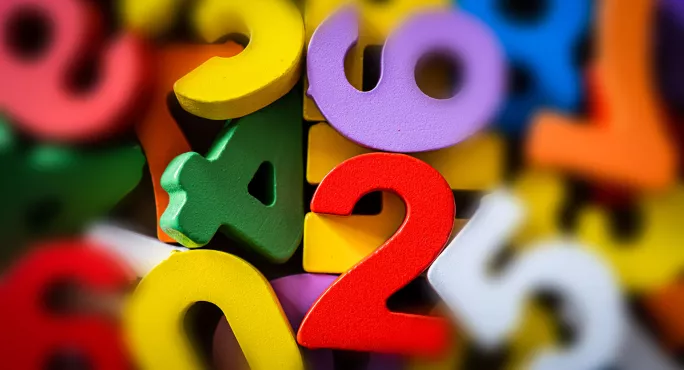Why primary pupils still need maths catch-up support

The prime minister recently outlined a bold mission for all young people to study maths up until the age of 18.
While obstacles such as the need to train and retain more maths teachers are well known, new research released by Renaissance and the Education Policy Institute (EPI) reveals a further challenge that is perhaps even more pressing: primary school pupils remain behind in maths because of the pandemic and need more support to catch up.
Covid learning loss: what does the report tell us?
The report, Recovering from the Covid-19 pandemic: analysis of Star Assessments, shows that maths outcomes for primary-aged pupils who are sitting their key stage 2 assessments this week remain well below pre-pandemic levels. Their learning loss amounted to 1.5 months by the end of the most recent autumn term.
Furthermore, outcomes for younger year groups were even further behind pre-pandemic norms.
This is perhaps unsurprising, given that their time in education has so far been defined by the disruption of the pandemic.
Last year’s KS2 results showed a drop in the proportion of pupils achieving the expected standard in maths, and there’s a risk that when pupils who are currently in Year 3 and Year 4 reach that stage their results will be lower still.
- Sats 2023: League table return “wrong” amid catch-up efforts
- Catch-up: Primaries “should focus on Year 3”
- Learning loss: Four things we learned from watchdog’s catch-up report
It is critical that efforts are made to ensure that these cohorts are not left short-changed in key subjects like maths by the time they leave school.
Teachers and schools across the country have, of course, been working hard to mitigate the effects of the pandemic, and there are positive findings in today’s report that show success (reading outcomes have largely been recovered).
Average outcomes are now at or above pre-pandemic norms in most year groups.
However, the gap in outcomes between primary schools with the highest levels of socioeconomic disadvantage and those with the lowest is still around 6 per cent wider than at the start of the pandemic.
Furthermore, in line with findings from our previous research, pupils in disadvantaged areas suffered greater learning loss than those in more affluent areas.
Targeting greater support at these disadvantaged pupils must be a priority in the years ahead if we are serious about making sure that inequalities are not entrenched.
What needs to happen next?
It’s clear that young people’s education was damaged by the disruption caused by the pandemic.
This research shows that those effects are still being felt in maths and for children in more disadvantaged areas.
The report highlights that if the government wants to implement ambitious plans in maths, a renewed focus on education recovery is vital - not just for pupils’ attainment levels but for their wellbeing and productivity, too.
Renaissance and the EPI recognise the important role that ongoing research has to play in arming policymakers and educators with the tools they need to target future support where it’s needed the most.
That’s why future reports will provide detailed estimates of learning loss and recovery, including regional breakdowns, with the aim of enhancing policymakers’ and educators’ understanding of the impacts on pupils over recent years.
Putting the research into practice
We recognise the hard work that is being done by teachers and schools across the country to tackle the challenges that we have identified.
Effective in-school interventions will remain critical in the future. While the research has highlighted promising findings on the recovery of reading attainment levels, it is important that this is maintained.
That is why Renaissance is supporting teachers and school leaders with additional resources and personalised practice to help accelerate learning for all students. This includes the use of Scaled Score averages as a benchmark to compare the scores achieved by specific cohorts against those achieved nationally, as well as Focus Skills workbooks, which can be used to help to develop learning programmes focused on addressing the learning loss experienced by pupils, and, therefore, to help close the learning gaps.
We hope the report findings and the free resources on offer provide valuable insights that teachers can utilise to help them build on recovery efforts to date.
Joan Mill is group managing director of Renaissance International and Jon Andrews is head of analysis at think tank the Education Policy Institute
You need a Tes subscription to read this article
Subscribe now to read this article and get other subscriber-only content:
- Unlimited access to all Tes magazine content
- Exclusive subscriber-only stories
- Award-winning email newsletters
Already a subscriber? Log in
You need a subscription to read this article
Subscribe now to read this article and get other subscriber-only content, including:
- Unlimited access to all Tes magazine content
- Exclusive subscriber-only stories
- Award-winning email newsletters
topics in this article



